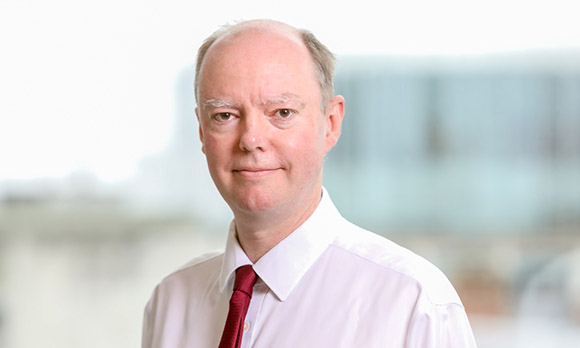
Chief medical officer defends openness of group as secrecy row snowballs
With a row over the secrecy of the government’s scientific advisory group Sage showing no signs of abating, it has emerged that the last paper in the group’s Covid-19 evidence base was published more than a month ago.
The Scientific Advisory Group for Emergencies group is under unprecedented public scrutiny after the Guardian newspaper reported that political adviser Dominic Cummings had attended its meetings, a revelation that prompted deep discontent from many researchers.
Despite the group committing to updating its website “on a regular basis with the latest available evidence provided to Sage”, it has been five weeks since any changes were made.
Chris Whitty, chief medical officer and co-chair of Sage, told MPs in a 24 April hearing that advice should be given to ministers first, before being published. He also said operational and practical issues fed into slow publication of evidence, such as the Sage team being under huge pressure, but “there is no reason in principle why the evidence should not be available”.
However, he also told MPs: “We need to get things in an incredibly timely way in Sage but we do not…wish to put out into the public domain stuff that has not yet…been [properly] completed and peer reviewed, ideally, in the usual way, for public critique.”
Greg Clark, chair of the House of Commons Science and Technology Select Committee, asked if it was source of concern that papers not ready for publication and not fit to be put into public domain are nevertheless being used for important decisions.
Whitty replied that it was a part of Sage’s job and process to provide confidence and uncertainty around such evidence.
He said openness is possible in this emergency because it is a “straight science to policy question” unlike some emergencies that deal with classified matters and national security.
“The last [Sage meeting] I chaired was [about] the Novichok poisonings in Salisbury,” he said. “There is absolutely no way we were going to put those documents in the public domain, and nor will we.”